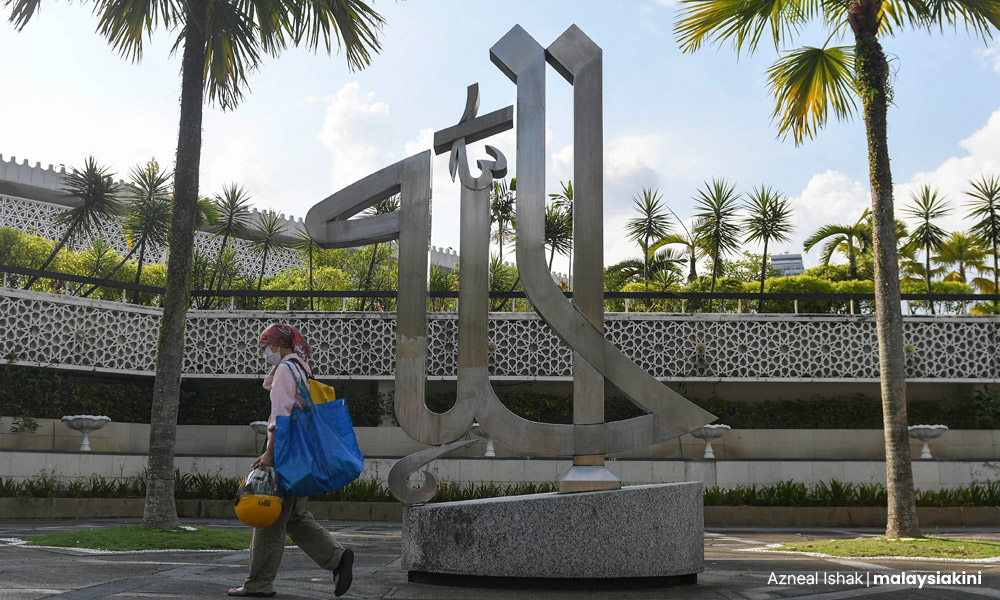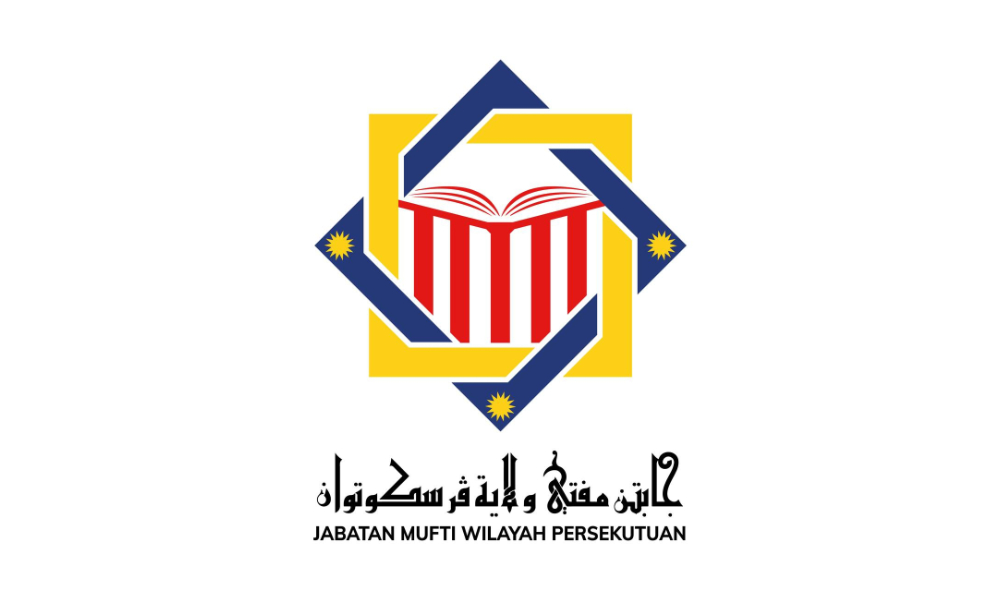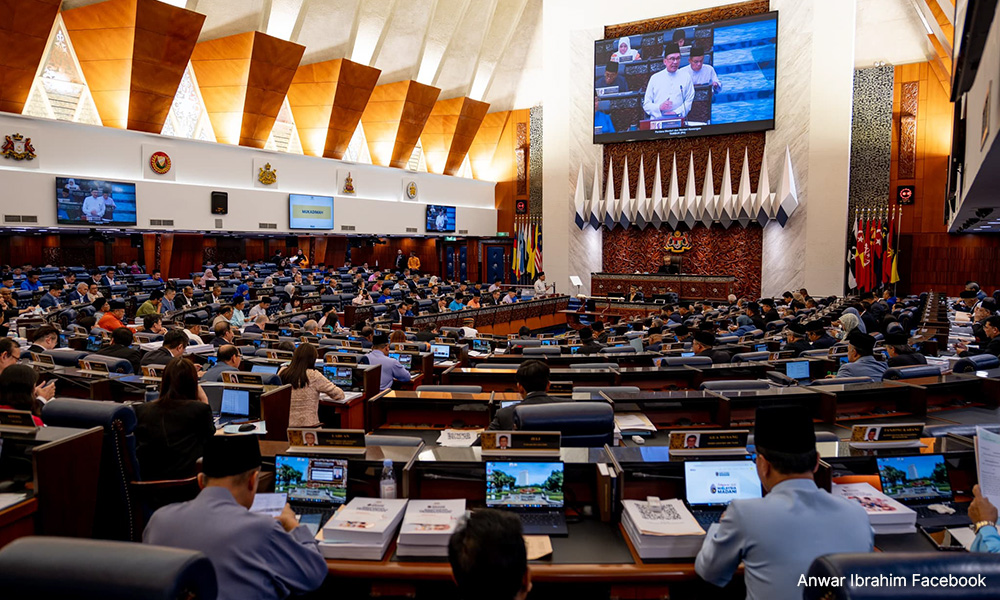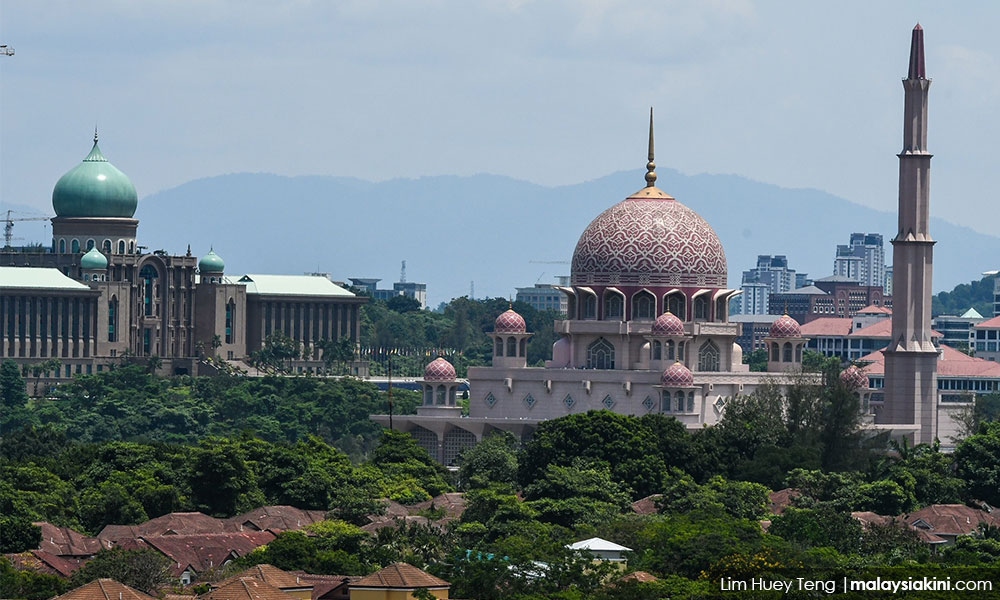Attention has been riveted on the introduction of a Mufti Bill in the Federal Territories, which had its first reading in July and is expected to have its additional readings in the coming weeks.
The bill brings to the fore the divisive issue of religious governance and raises questions about the Madani government’s commitment to democratic reform.
The bill is projected to bring about “religious integrity” and touted to even reduce religious extremism. Yet it remains unclear how it will do this. By adding an additional layer of bureaucracy through the elevation of a mufti in the Federal Territories and giving the power for their fatwa to become laws, the bill arguably raises more questions about Islamic governance than it answers.
Rather than strengthen democratic governance in the Federal Territories, this undemocratic bill narrows debate over religion, potentially endangers race relations and extends the systemic disempowerment of citizens living in the Federal Territories (FT).
Focusing on legislation that further extends government control of religion reflects misplaced priorities. FT governance should be on improving accountability, infrastructure, housing, and livelihoods.
The Mufti Bill does not adequately solve problems. It makes new ones. Allow me to explain.
Narrowing debate, greater ambiguity among religious authorities
In recent weeks legal scholars and activists have raised serious concerns about how this bill violates the Constitution and undercuts rights, especially for Muslims.
The discussion has focused on religious governance. Among the concerns raised about the bill is disagreement with the imposition of “Sunni orthodoxy” as defined by a coterie of religious scholars. Following a bill passed in the Sabah assembly, the federal legislation aims to narrow the practice of the faith to two approved strands of religious thought, Ash’ari and Maturidi.

Simultaneously, the legislation empowers the mufti to make binding laws, potentially criminalising those who do not follow these ideas. The bill both restricts religious freedom and increases the power of “chosen” authorities to enforce their ideas.
What remains unclear in the legislation is how the new mufti powers gel with existing Islamic governance. The bill is adding more religious bureaucracy, creating different systems for parts of the country and not others. Despite the claim, the bill does not effectively streamline Islamic governance. Minimally, it creates ambiguities.
The relationship of the new proposed system to the existing religious authorities is not adequately clear. Some argue that the bill challenges the powers of the rulers. The question of who is in charge of religious affairs in Malaysia will become more difficult to answer.
Risks of ‘chosen’ mufti empowerment
At the same time, the legislation is empowering a group of religious scholars in an unprecedented manner. This raises the question, who are these religious scholars being empowered?
Among the nation’s mufti, there are differences in views, but increasingly there is a powerful clique that is seen as “Sunni orthodox” and pushing to impose their views. This community is a small group of individuals - dominated almost exclusively by men.
As in the bureaucracy, there is the practice of promoting their friends and those with views that reflect themselves. Minority views and those of women are being excluded. The advocates for this legislation need more scrutiny, as they are the ones empowering themselves.

This legislation also puts a spotlight on how the mufti are selected. Ultimately in states with sultans, this choice is made by the ruler, often after recommendations are made from within the religious scholar community. With increased powers for the “chosen” mufti proposed for FT, the selection process of the mufti needs more careful review and greater consultation.
It is important to remember that the legislation is putting in place powers that can be used by any government of the day to impose their views of the faith, in their choice of mufti in line with their views. As such, the legislation increases the risks of mufti powers being used in a more exclusionary manner in the future.
Recognising mufti powers on non-Muslim relations
To date, the bill is mistakenly being portrayed as only affecting Muslims. Malaysian history does not show this to be the case. The powers of the mufti matter to all in Malaysia.
The mufti play a very important role in relations across communities. They set the tone for race relations especially when incidents flare over religion.

For example, in 2006 the mufti played a role in the response to untruthful messages and a heated demonstration about children being converted in a Catholic church in Ipoh. The 98 Catholic children were having their first holy communion, as a religious event was marred by false rumours tensions escalated unnecessarily. On the KK Mart issue this year, in yet another example, mufti responses helped to ease tensions.
The substance of fatwa impacts relations with non-Muslims as well, in areas involving regulation of services for example, such as food and health.
Elevating the mufti without clear checks on their powers has the potential to spill over to race relations. It is important to appreciate that when incidents occur emotions are high, thus the need for consultation, dialogue and limits on powers.
To date, the legislation does not address the effects on other communities, a matter of significance in the Federal Territories given the large number of non-Muslims and minorities.
Misplaced priorities
The Mufti Bill is the first major legislation to focus on matters in the Federal Territories of the Madani government. It is important to appreciate that FT is governed by unelected bureaucrats. The Mufti Bill empowers another one.
In a bureaucratic-led system, the level of political accountability in Kuala Lumpur, Labuan and Putrajaya is minimal. There are no local elections, no local representatives and no local councillors. Elected Parliament members are relegated to an “advisory board” that operationally is ignored.

Citizens in the Federal Territories received an undemocratic deal when this administrative unit was carved out. At that time, the intention was to disempower citizens living in the Federal Territories. Unfortunately, the Mufti Bill extends this disempowerment.
While bureaucrats can play important policy implementation roles, those being governed need more inclusion in policies and priorities. The Federal Territories need better governance.
Years of neglect and poor quality of governance have sadly been on display recently with fallen trees, sinkholes and floods in Kuala Lumpur. The conditions of too many roads and infrastructure in Kuala Lumpur are poorly maintained. Public housing is in dire need of repair, with a serious shortage of affordable housing. Kuala Lumpur needs more consultation with its residents and more robust representation.
In Labuan, the failure to support connectivity through a bridge and meaningfully invest in the local economy has hurt the island. The voices of locals are being dismissed. Recently the only Labuanite to head local government was not renewed, as power is being given to those from outside of Labuan. Despite being part of the MA63 Agreement, Labuan is being completely ignored in getting her share of revenue for local residents.
In both Kuala Lumpur and Labuan, citizens are not receiving a fair share of the funds they contribute to overall revenue and the national economy. The contributions to floods and other expenditures in this year’s budget are tokenistic compared to their contributions made.
Instead, they get a Mufti Bill. This reflects serious misplaced priorities.
Test for FT MPs
It is also a measure of priorities. The opposition has won most of the parliamentary seats in the Federal Territories historically. Now most of the representatives from these areas are in government. This period is a test of their genuine support for democratic, inclusive governance.

Representatives from the Federal Territories are not adequately asking for a more balanced and holistic approach to improving governance in their areas. Calls by MPs for local councillors are being rebuffed. Minimally, there should be more political accountability for the Federal Territories, not less.
The Mufti Bill is not in keeping with the promise of democratic reform. From rights and narrowing discourse to processes and priorities, questions about the bill need to be better addressed. - Mkini
BRIDGET WELSH is an honourary research associate of the University of Nottingham’s Asia Research Institute, a senior research associate at Hu Fu Center for East Asia Democratic Studies, and a senior associate fellow at The Habibie Centre. Her writings can be found at bridgetwelsh.com.
The views expressed here are those of the author/contributor and do not necessarily represent the views of MMKtT.




No comments:
Post a Comment
Note: Only a member of this blog may post a comment.